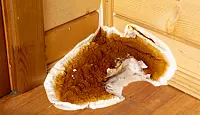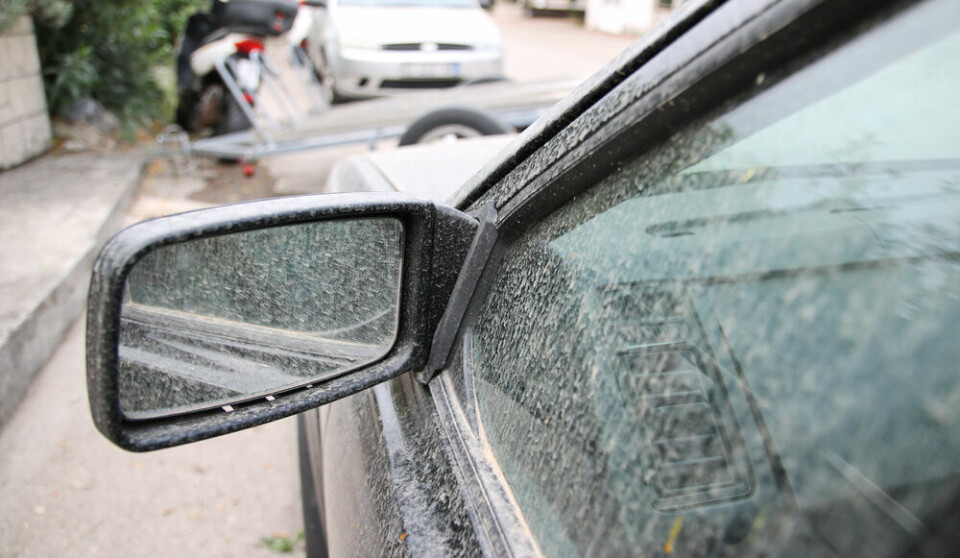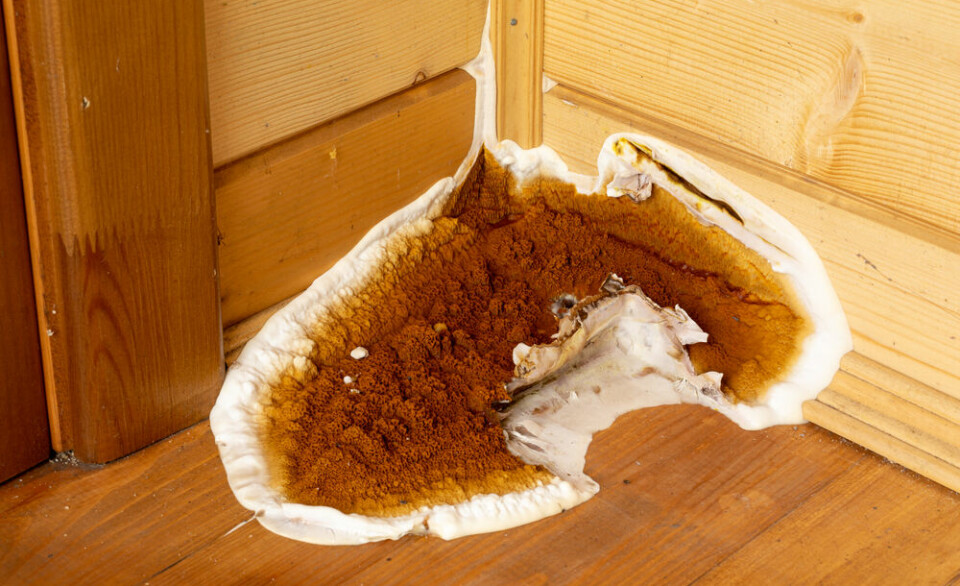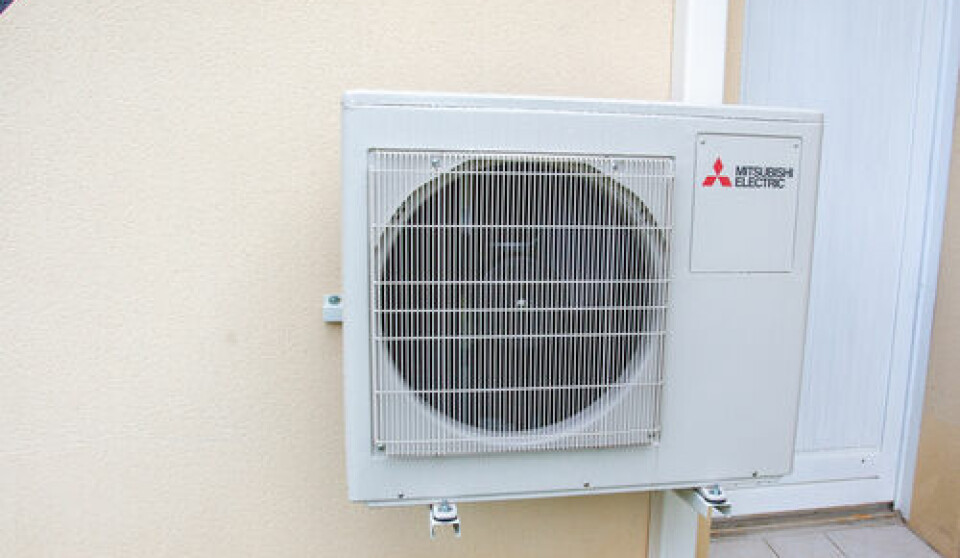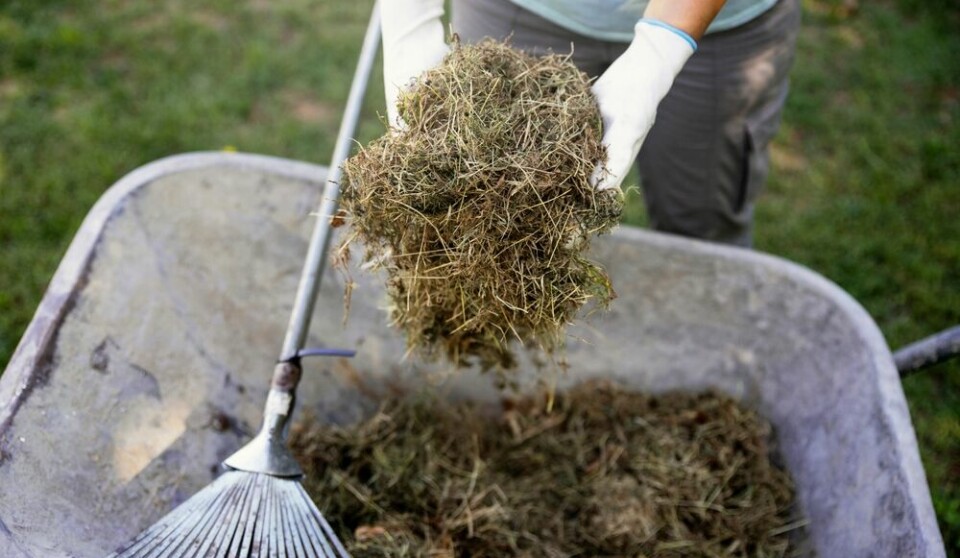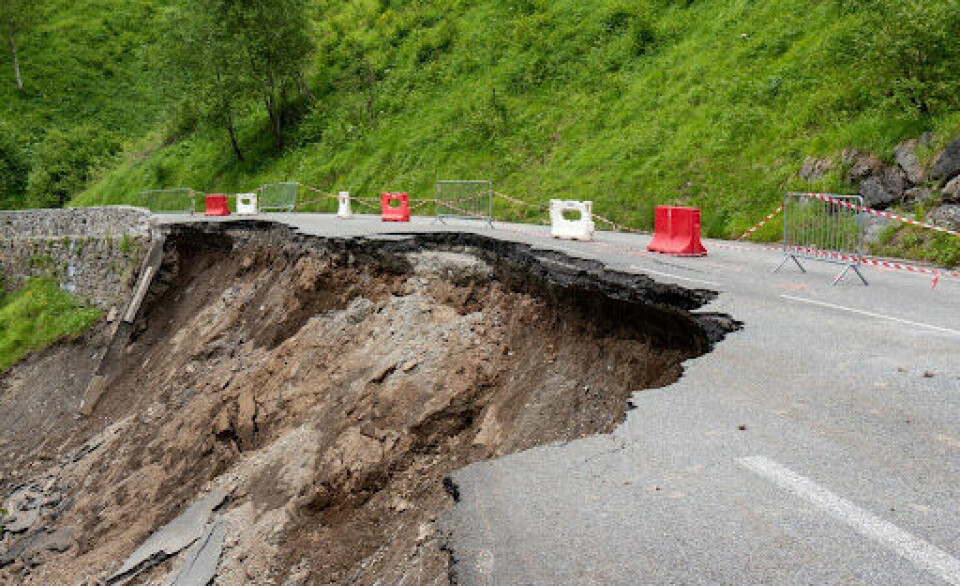-
Phone scams, gardening, insurance claims: 5 French practical updates
Our roundup of recent practical articles you may have missed
-
Many older electrical installations in France have security faults
‘Electrical installations age, like cars, and you need to call an electrician to check them’, the national electrical safety observatory warns
-
House ruined by wood-rotting fungus - ‘French insurance will not pay’
Fungus can be swept in through windows and vents and lead to extensive damage. Insurers consider it homeowners’ fault
Do I need conformity certificate for septic tank to sell French home?
A status report on your sewage system will be required, although it does not necessarily need to pass
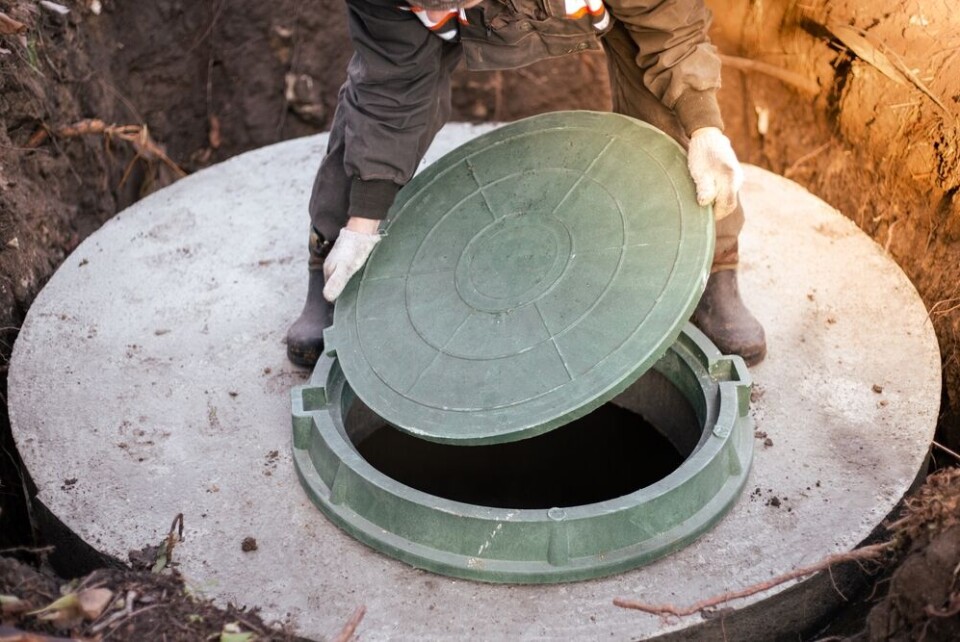
Reader Question: We are selling our home and were told we needed to provide a certificate of conformity for our fosse septique. Is this really necessary, and what do we need to do if it fails? We are worried about the excessive costs
The first thing to point out is that if your home does have a septic tank (fosse septique), a certificate of its status must be provided as part of the property’s dossier de diagnostic technique (DDT) – the various obligatory check certificates.
Since January 2011 and the introduction of the Loi Grenelle II, this has been required for all homes that have a sewage system not connected to the main network, known as un système d'assainissement non collectif.
Notaires will not approve a property sale if such a certificate is not provided, and it needs to be provided in both the preliminary sales agreement and act of sale.
In some cases, however, an older version of the certificate will suffice, and even in cases where your system does not meet requirements, it may not be you who has to fix the issues.
How to obtain a certificate of conformity for a septic tank
A certificate of conformity for your septic tank can be obtained after an inspection by your local Service Public d'Assainissement Non Collectif (SPANC).
Many communes have their own SPANC, and you can get into contact with them through your mairie if need be. If you have installed or emptied your septic tank, your property should already be known to them.
The SPANC will send an official to your property and provide a report on your installation, which will include a certificate of conformity if your system meets standards.
Note that the SPANC will only provide this service if you are selling your home (or in the case of a first assessment of a new installation), and that you will need to pay for this.
It usually costs around €100 to €150.
Private companies also offer these diagnostics. Some owners have their system checked to ensure it is not contributing to any health hazards even if not selling their property.
However, for systems not connected to the mains sewage system only a report from your SPANC may be accepted by a notaire during a property sale, or otherwise a firm that is officially acting as a delegate for the SPANC.
How long are certificates valid for?
A certificate of conformity for individual sewage systems such as a septic tank is valid for up to three years.
This means those with recently installed systems (who have the original certificate of conformity from the first SPANC inspection) can provide this and may not require a new certificate.
Read more: Who is responsible for septic tank in rented French home?
Certificate not the same as certificat de vidange
One thing to note is that this certificate of conformity is not the same as the certificat de vidange (emptying certificate) that is provided by SPANCs or private bodies when they have emptied the septic tank.
Even if you have a recent one of these you will still need the SPANC to come and inspect your system before the sale of your home.
What if my system does not pass the test?
Your installation may not be given a certificate of conformity, for example if it is an old or incomplete installation or is considered a health risk.
In this case, however, the report listing the lack of conformity can be provided as part of the dossier of diagnostic reports instead, informing the future buyer of the state of the installation.
If the buyer chooses to go ahead with the purchase they must complete the work within one year of buying the property.
Note that unlike certain other diagnostics made for a property during its sale, the requirements to bring sanitation instalments up to scratch within the year are legally binding, because of the communal health risks posed by a faulty system.
Related articles
Explainer: the rules around septic tanks in rural France
How often must I empty my septic tank in France?


